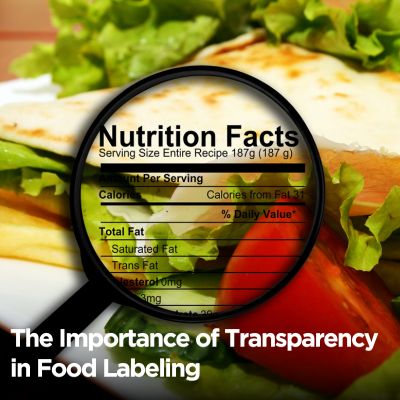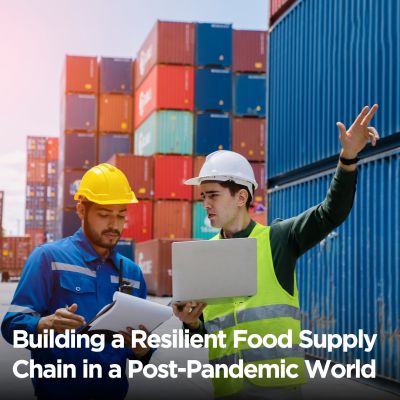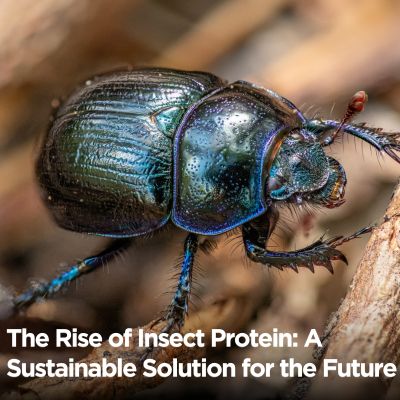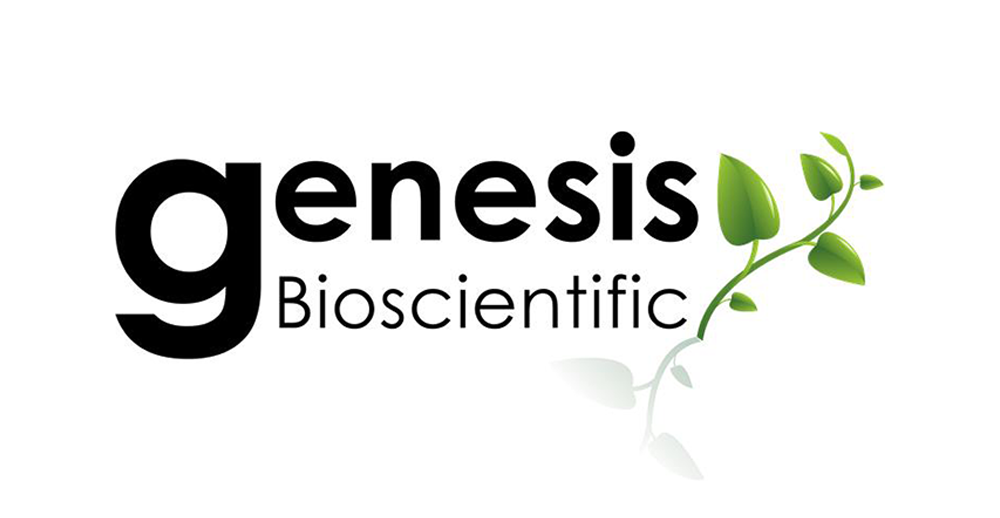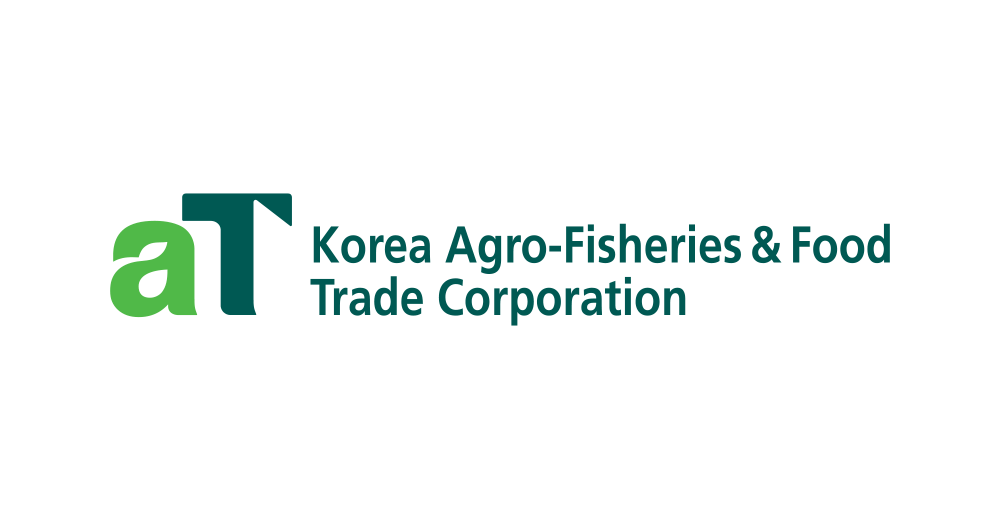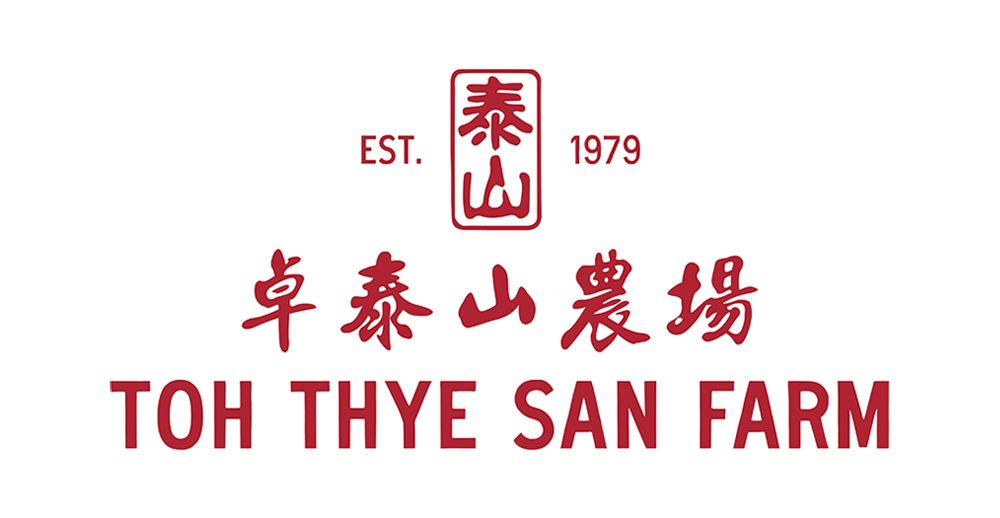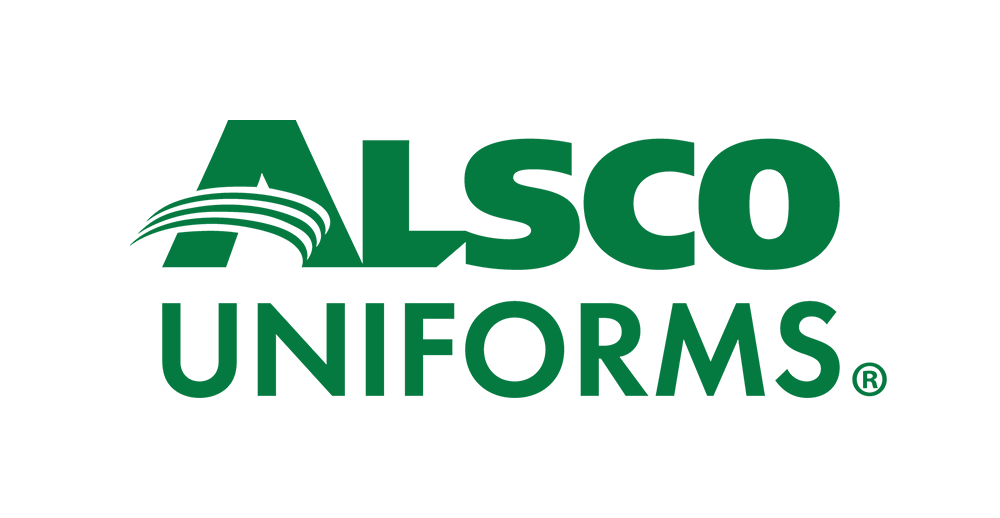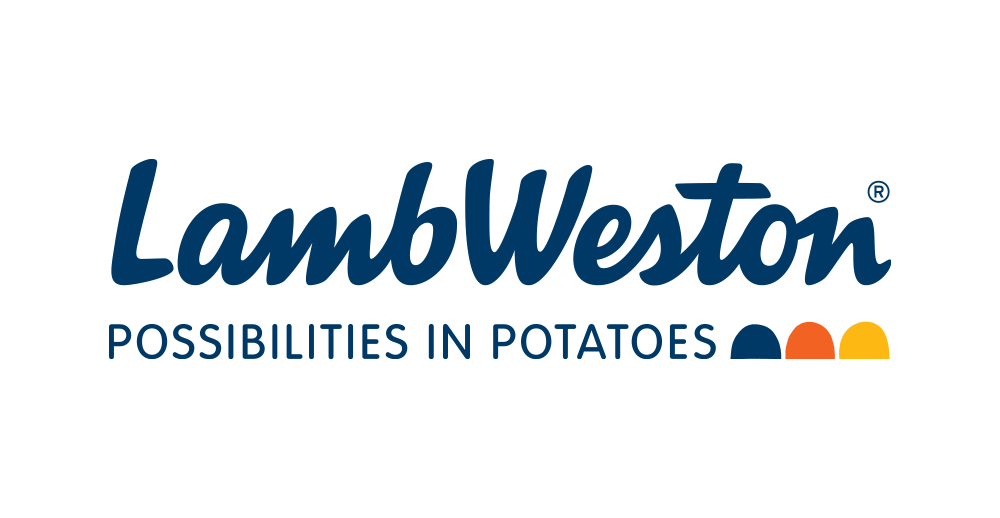As the global population continues to grow, the future of food and sustainable agriculture is becoming more critical than ever. With rising concerns about climate change, food security, and the depletion of natural resources, our current agricultural systems face immense pressure to evolve.
The environmental impact of farming practices, particularly those involving large-scale industrial agriculture, leads to deforestation, soil erosion, water scarcity, and biodiversity loss. This calls for harmonizing more sustainable and innovative agricultural practices with nature.
Sustainable agriculture offers a pathway to address these challenges by using resources more efficiently, reducing environmental damage, and ensuring food security for future generations.
For food industry professionals such as restaurant owners, food manufacturers, and farmers, this shift represents an opportunity to balance profitability with environmental responsibility.
By adopting sustainable farming practices, these stakeholders can play a vital role in shaping a healthier, more resilient global food system.
Current State of Agriculture
The future of agriculture faces significant challenges due to the current reliance on industrial and large-scale monoculture farming systems.
Countries like the United States and China have included industrial agriculture to meet the demands of a growing population, but this has led to detrimental environmental consequences.
Monoculture farming, where a single crop is grown repeatedly on the same land, depletes the soil of nutrients, leading to an increased need for chemical fertilizers and pesticides.
Over time, this practice damages the health of the soil, reduces biodiversity, and increases vulnerability to pests and diseases.
- Monoculture farms focus on producing one crop over vast areas, such as corn, soy, or wheat. While they can increase short-term productivity, they harm the ecosystem by reducing biodiversity and depleting the soil of essential nutrients.
- Industrial farming: Industrial-scale animal farming, such as pork production in China, is notorious for its environmental impact. These farms consume large quantities of water and produce significant waste, often contaminating nearby water sources. Moreover, the methane emissions from large-scale animal agriculture contribute significantly to greenhouse gas emissions.
In China, industrial pork farms are a significant contributor to environmental degradation. The massive scale of these operations leads to water pollution, greenhouse gas emissions, and overuse of antibiotics, which poses risks to both human health and the environment.
The environmental impact of agriculture under the current system is unsustainable. We must abandon harmful practices and adopt more sustainable methods to secure the sustainable food supply needed for future generations.
Promoting Sustainable Agricultural Practices
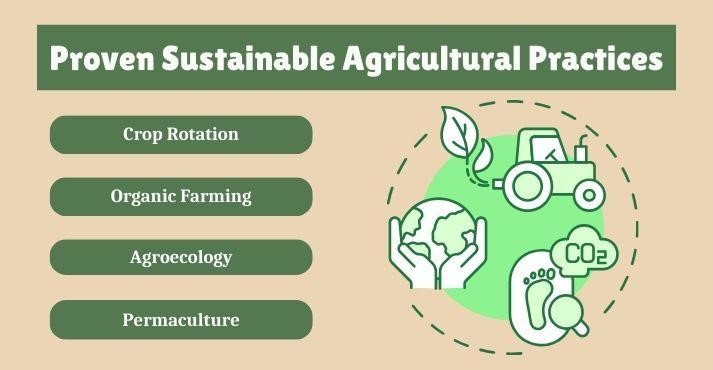
The transition from industrial farming to more sustainable agricultural systems is essential to address the future of sustainable agriculture. Sustainable farming practices aim to reduce the environmental impact of agriculture while improving food production and long-term resilience.
Several methods can help achieve this, including:
- Crop rotation: Growing different crops in succession on the same land to improve soil health, increase biodiversity, and reduce the need for chemical inputs.
- Organic farming: Using natural processes and organic fertilizers instead of synthetic chemicals to grow crops. Organic farming supports healthier soils, reduces pollution, and promotes biodiversity.
- Agroecology: This approach integrates traditional farming knowledge with modern science to create sustainable farming systems that benefit the environment. It emphasizes using local resources, ecological balance, and biodiversity to produce food sustainably.
- Permaculture: A whole approach to farming that mimics natural ecosystems. Permaculture designs farms in a way that works with nature, using techniques like polyculture (growing multiple crops together) and water conservation strategies to create an autonomous system.
These practices are not only environmentally friendly but also economically viable. Farms that adopt sustainable farming methods often see improved soil health, reduced input costs, and higher long-term productivity.
Reconnecting Younger Generations with Agriculture
Engaging younger generations in farming is essential to ensuring the future of agriculture. As urbanization continues, fewer young people are choosing to pursue careers in agriculture, leading to an aging farming population.
This trend poses a significant challenge to the sustainability of agriculture, as innovative and sustainable farming methods require fresh perspectives and new talent.
“We must market to younger people to return to the land and be part of the self-sustaining regenerative movement.”
Karin A. Kloosterman, Editor of Green Prophet
To attract younger generations to farming, we must emphasize the potential for innovation, environmental stewardship, and entrepreneurship in agriculture.
Marketing strategies aimed at youth could include:
- Highlighting the environmental benefits of regenerative agriculture and sustainable farming practices.
- It creates educational programs and internships that provide hands-on experience with modern farming technologies, such as precision agriculture and foodtech.
- It is developing social media campaigns that showcase farming as a fulfilling and impactful career choice.
By inspiring the next generation to participate in the movement toward a sustainable food supply, we can ensure that agriculture’s future remains vibrant and resilient.
Challenges in Implementing Sustainability in Agriculture
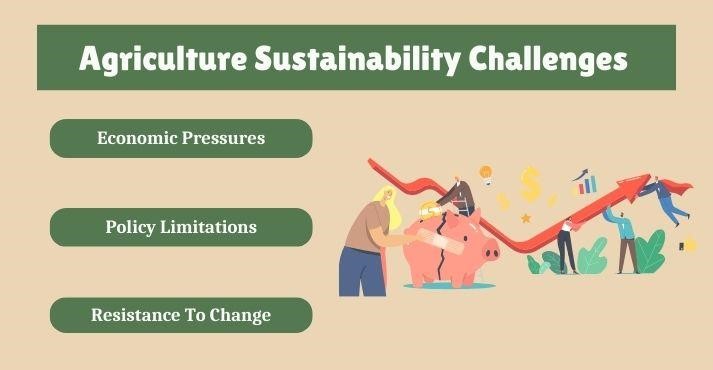
Despite the clear benefits of transitioning to sustainable agriculture, several challenges must be addressed. While sustainable practices can mitigate agriculture’s environmental impact, the transition is often met with resistance due to economic, policy, and cultural barriers.
- Economic pressures: Farmers, especially those operating at large scales, often face financial challenges when transitioning to sustainable practices. The upfront costs of adopting new technologies, changing farming methods, or purchasing organic inputs can be prohibitive. Many farmers rely on government subsidies or financial support, often tied to conventional farming practices rather than sustainable farming.
- Policy limitations: Many countries’ government policies and agricultural subsidies favor industrial farming systems. This can create obstacles for more minor, sustainable farming operations that do not receive the same financial support. Large-scale industrial farming will continue to dominate with policy reforms incentivizing sustainable practices.
- Resistance to change: Long-standing agricultural practices and traditions can make convincing farmers to adopt sustainable methods difficult. Many farmers hesitate to risk changing their operations without clear evidence of the economic benefits. The agriculture industry is also vested in maintaining the status quo, with powerful corporations supporting conventional farming systems.
Despite these challenges, some regions are making significant strides toward sustainable agriculture. Singapore, for example, has implemented several urban farming initiatives to reduce its reliance on imported food and improve food security.
These programs focus on producing fresh, local crops in urban environments through vertical farming and other high-tech solutions. Singapore’s commitment to sustainable farming offers a food security model for other countries facing similar food security challenges.
Role of Technology in Sustainable Agriculture
Technology plays an essential role in the future of food. Advances in agricultural technology, precision agriculture, and digital technologies are revolutionizing farming by making it more efficient, sustainable, and productive.
- Precision agriculture: Using technologies like GPS, drones, and sensors, farmers can monitor crop health, soil conditions, and water usage in real time. This data-driven approach allows farmers to apply resources like water and fertilizer precisely where needed, reducing waste and improving yields. Precision farming also minimizes the environmental impact of agriculture by optimizing resource use.
- AI and IoT: Artificial intelligence and the Internet of Things (IoT) are transforming the way farms operate. AI-powered systems can analyze vast amounts of data to make recommendations on planting, irrigation, and pest management. IoT devices, such as soil sensors and weather stations, provide real-time information that helps farmers make informed decisions.
- Vertical farming: Vertical farming is an innovative solution that allows crops to be grown indoors in vertically stacked layers. This method uses significantly less land and water than traditional farming and can be practiced in urban areas with limited space. By producing food closer to consumers, vertical farming reduces the environmental costs of transportation and storage, contributing to a more sustainable food supply.
- CRISPR in food: Genetic editing technologies like CRISPR are being used to develop crop varieties more resistant to pests, diseases, and extreme weather conditions. This innovation can increase crop yields while reducing the need for chemical inputs, supporting the future of agriculture.
Impact of Sustainable Agriculture on the Food Industry
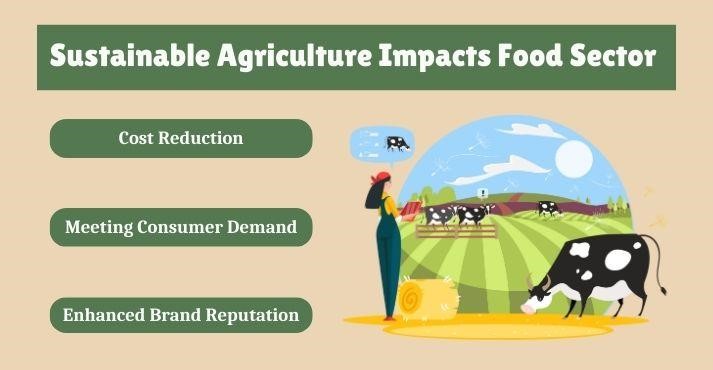
The transition to sustainable agriculture is crucial for addressing environmental concerns and presents significant opportunities for the broader food industry, including restaurants, food manufacturers, distributors, and retailers.
As consumers become more eco-conscious and governments enforce stricter environmental regulations, businesses across the food supply chain are prompted to reconsider their practices.
1. Cost Reduction
One of the most immediate and tangible benefits of adopting sustainable farming practices is the potential for cost reduction.
Traditional farming methods often rely on many synthetic fertilizers, pesticides, and water, harming the environment and driving up operational costs for farmers and food producers.
In contrast, sustainable methods such as organic farming and precision agriculture focus on reducing the inputs needed to grow crops.
- Organic farming: By eliminating synthetic chemicals, organic farming can reduce the costs of purchasing and applying fertilizers and pesticides. Organic practices often focus on building healthier soils naturally, which can lead to more resilient crops requiring fewer interventions. This can result in long-term savings, even if the initial transition costs may be higher.
- Precision agriculture: This technology-driven approach allows farmers to monitor and manage their resources more efficiently. For example, by using GPS technology, soil sensors, and data analytics, farmers can determine the exact amount of water or fertilizer needed for specific areas of their fields.
2. Meeting Consumer Demand
Today’s consumers are more educated and engaged with environmental and ethical issues than ever. A growing number of consumers are looking for sustainably and ethically produced products.
This trend is especially pronounced among younger generations, such as millennials and Gen Z, who are more likely to base purchasing decisions on factors like environmental impact, animal welfare, and the ethical treatment of workers throughout the supply chain.
- Sustainable food supply: Businesses that adopt sustainable practices can appeal to this growing segment of eco-conscious customers by offering products that align with their values. Labels such as “organic,” “fair trade,” “locally sourced,” or “sustainably farmed” can increase product appeal and allow companies to differentiate themselves in a competitive market.
- Transparency and trust: Companies prioritizing transparency in their sourcing and production processes are likelier to build trust with consumers. This trust can translate into brand loyalty, with customers more willing to support companies that share their values. Restaurants, for example, can appeal to these customers by promoting farm-to-table practices and using locally sourced, sustainably grown ingredients.
3. Enhanced Brand Reputation
In addition to meeting consumer demand, businesses that welcome sustainable practices can significantly improve their brand reputation.
As sustainability becomes increasingly important for consumers and regulators, companies seen as leaders in this area will enjoy a stronger market position.
- Positive brand image: Consumers today are more likely to support brands that align with their ethical and environmental values. Companies that invest in sustainable practices can communicate their commitment to environmental stewardship, which boosts their public image. This can increase customer loyalty, higher sales, and a competitive market edge.
- Corporate social responsibility: Businesses prioritizing sustainability can strengthen their corporate social responsibility (CSR) initiatives. Vital CSR programs highlighting environmental initiatives can help companies attract and retain talent, particularly younger employees who value working for organizations with a positive impact. Furthermore, CSR initiatives tied to sustainability can garner positive media coverage, further boosting a company’s reputation.
Strategic Advantage in an Evolving Marketplace
Beyond the immediate benefits of cost savings, consumer demand, and brand reputation, adopting sustainable food supply practices offers a strategic advantage in a rapidly evolving marketplace.
As the global food industry faces increased pressure to reduce its environmental footprint, businesses that lead sustainability will likely outperform those that continue with outdated, harmful practices.
- Compliance with regulations: Governments worldwide are introducing more stringent environmental regulations, particularly regarding water use, pesticides, and carbon emissions. Companies that adopt sustainable practices proactively are more likely to meet or exceed these regulations, avoiding fines and reputational damage. They may also qualify for government incentives and subsidies to encourage sustainability in agriculture and food production.
- Investment opportunities: Sustainability has also become a focus for investors. Companies prioritizing environmental, social, and governance (ESG) factors are more attractive to investors looking to support businesses with long-term growth potential. Food companies that demonstrate a commitment to sustainability may find it easier to secure investment and financing.
Conclusion
The future of food and sustainable agriculture depends on the collaborative efforts of farmers, industry professionals, and policymakers to prioritize the environment and food security.
Moving away from unsustainable practices like monoculture farms and adopting innovative, sustainable farming practices such as precision and regenerative agriculture can help address agriculture’s environmental impact.
Engaging younger generations, leveraging technology, and overcoming economic challenges can transform the global food system and ensure a solid and sustainable future.

